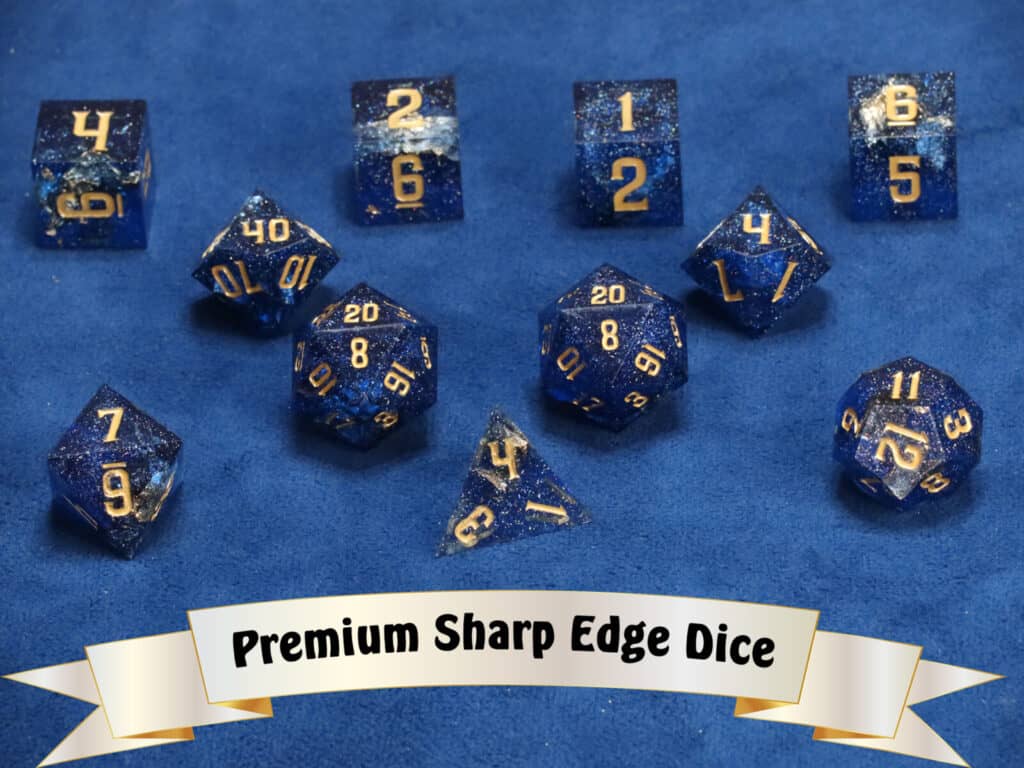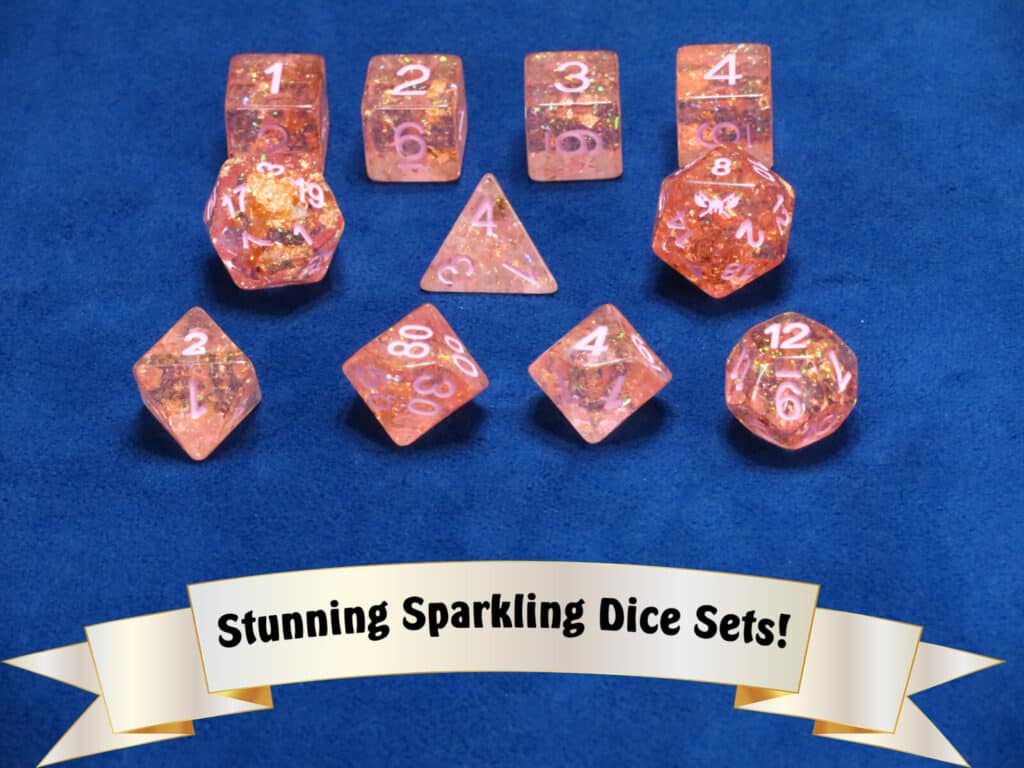The Alert feat is a powerful feat in 5th edition Dungeons & Dragons and one that at least one player in every party should take at some point. Particularly any player who is going to serve as a scout or lookout on a consistent basis. Even beyond that, this is one of those rare feats that tends to be useful for virtually every single player who takes it.
So how does the 5E Alert feat stack up to other feats in The Player’s Handbook or in Tasha’s Guide to Everything?
Alert is one of the best feats in 5th Edition Dungeons & Dragons. While especially popular with rogues, rangers, and support casters this 5E feat is generally accepted as an excellent choice for every class except barbarian, for which this feat is still an average choice.

Breaking Down the Alert Feat
To break down the Alert feat we first have to understand exactly what a player who takes this feat gets. So let’s look at the feat and what it does, and very importantly in this case, what it doesn’t do.
Directly from the Player’s Handbook (p.165)
Always on the lookout for danger, you gain the following benefits:
- You gain +5 bonus to initiative.
- You can’t be surprised while you are conscious.
- Other creatures don’t gain advantage on attack rolls against you as a result of being unseen by you
That’s three very good benefits that a player gets from Alert in 5E.
Benefit #1: +5 Bonus to Initiative
This one is useful no matter what your class. How a battle is going to go can often be seen in the first round. If all the enemies go first, the party is up for a challenge. If the entire party goes first, they’re likely to cake walk.
For individual players it’s almost always better to go higher than low unless you’re the healbot (aka life cleric) and even then you can always hold your action round one and then heal away in round two.
A +5 bonus to initiative is a really big deal and this is a boost that by itself could be a high end of average feat. It makes terrible rolls less terrible, average rolls good, and high initiative rollers suddenly get to dictate the starting tone of the entire fight.
Benefit #2: You can’t be surprised while you are conscious
You are now an ambush buster. Being able to act in that surprise round during an ambush or a sudden battle is a big deal. This also can affect a variety of other situations, such as not allowing a DM to penalize you because an enemy is invisible or tricky – great but you have alert. If you are conscious, you can’t be surprised. That is a very big deal in the DnD world.
This one is important to understand because the DM’s yelling Alert is overpowered (and it is to some extent) are almost certainly running surprise rounds wrong in 5E. Surprise is a round. Those who are surprised don’t get to act in that first round, those that aren’t do get to act.
Sounds simple but the reason this is important is this: an Alert person can’t spoil an ambush by yelling at the party! They might know that an attack is happening, but the mechanics are right there. Unless the ambush is delayed, the PCs with Alert get to act during the surprise round. The other players still do not.
This is another reason why the already amazing effectiveness of the Alert feat seems to stack up the more people in the party who grab it.
Benefit #3: Other creatures don’t gain advantage on attack rolls against you because you can’t see them
Situationally this is devastating to a DM trying to challenge his/her players. As a general feature, it saves a crap-ton (that’s the technical term) of damage taken. Enemy rogue trying to assassinate? Nope. Nice try buddy, they see it coming and that means no advantage which means no sneak attack.
Are the enemies hidden in cover? You still might not see them, but they still don’t get advantage on the attack. Pretty cool.
Are the enemies invisible or camouflaged? Usually good for them, but they still only get one die roll against you to hit, not two.
This cancelling out of advantage because of sight lines comes into play a lot, especially at a table where players and DM are both paying attention to what is happening.
Related Article: Check out the changes to the Alert Feat with our complete DnD One Alert Feat Guide.

5E Classes That Should ALWAYS Take the Alert Feat
The immediate two that jump into every experienced player’s mind are ranger and rogue. And the players would be right in this case. Rangers and rogues are classes that should always take the Alert feat when playing a 5th Ed game. Both tend to be stealthy, both tend to want to go early in a round, and with most builds both of these classes can deal some serious damage when they have time to set up right.
But they’re not the only player classes who should look at this feat.
I’d argue that Bard should also be in this group. Bards are built for battlefield control. Buff their side, hamper the enemy, shift all the dice rolls. If a bard gets to go first and start throwing around bane or vicious mockery, or both, the party is going to be much better off.
This also gives the often very low AC (aka “squishy) bard a chance to find cover or move out of a potentially hazardous situation to let the tanks of the group handle the damage soaking.
This also goes for any wizard, warlock, or sorcerer who is playing very hard into support casting, though this is a bit less common and the more “traditional” casters are also often built for impact/power and don’t need to go as early when that’s the main focus.
5th Ed Classes that should always take Alert:
- Bards
- Rangers
- Rogues
- Any magic caster playing hard as a support/utility caster
5E Classes That Alert Definitely Helps Out
The benefits of Alert work for all the classes. When you get to protect yourself by taking away advantage from sight lines and surprise attacks, get +5 to initiative, and get to act in any surprise round, that’s a very powerful feat whether you’re a fighter looking to carve up an enemy front line, a druid wanting to wild shape, a magic caster ready to make it a bad day for the enemy, or a big armor shield wall ready to punch it out.
Or a monk doing monk b.s. – especially at higher levels.
Alert is one of the very few feats that is incredibly versatile and is applicable to almost every player character, even when others in the party have it. So other than maybe the barbarian, every class should consider taking the Alert feat in 5E.
And if the barbarian rolled for stats and rolled very well, he/she may want to take it anyway.
5th Ed Classes that should consider taking Alert:
- Artificers
- Clerics
- Druids
- Fighters
- Monks
- Paladins
- Sorcerers
- Warlocks
- Wizards

5E Classes That Should Almost NEVER Take the Alert Feat
There really isn’t any class that doesn’t get bumped by the Alert feat. The only class that sticks out as getting the least out of Alert, to the point where the player may want to go with a different direction, is the barbarian.
Why?
Because at Level 7 the barbarian gets the class trait “Feral Instinct” which gives advantage on initiative rolls AND the barbarian gets to act normally in the surprise around assuming he/she goes into a rage first. Which, you know, barbarians.
This means that Feral Instinct tends to cancel out one of the most important features of Alert as well as making a second benefit less crucial (the +5 initiative). Of course, if you want to add +5 to initiative after rolling for advantage then congratulations, you have made the barbarian shock troop wrecking ball.
Final Feat Grade for Alert 5E
Alert Feat Grade: A +
Is the Alert feat worth it? The answer is almost always a strong YES!
5E Alert is a stupidly effective feat that is powerful for almost every class of player as well as any party going through a 5E campaign. The power of going first during a battle versus last is huge, and a +5 is serious movement even at high levels. Taking away surprise helps you defend against surprise attacks of all types and makes the murderous NPC rogue quite a bit less terrifying. Taking away advantage from enemies under cover evens the field yet again.
Very few feats are good for the overwhelming majority of your characters and the only class this feat doesn’t make sense for, really, is the barbarian because of Feral Instinct at level 7. Even then, that +5 isn’t the worst thing in the world and there’s still some benefit, just not as much.
There’s a reason that the Alert feat made our short list of feats that are the bane of a DM’s existence article. Alone it is incredibly powerful. With an entire party picking it up early? Good luck running that campaign!

Alert Feat 5E FAQ
Is the Alert feat better than an ability skill improvement?
This is a very situational question, however for the overwhelming majority of campaigns and player characters, the alert feat will be better than your average ability skill. Sometimes a player needs that boost for a little extra strength or HP, or can split the points to go from odd numbers to two evens in stats thus getting two boosts, but under normal circumstances the alert feat will be better than the average ability score improvement.
How important is initiative in 5E DnD?
Very. While it can vary a bit from confrontation to confrontation, the ability to fight, move, cast spells, heal, or take an action before the enemy instead of after is a very big deal.
Does the alert feat cancel sneak attack?
The alert feat does cancel a rogue’s sneak attack in 5th ed. Surprise attack requires advantage which rogues get from being out of sight. Alert specifically says no advantage is given from being out of sight which means no sneak attack.
What classes should take the alert feat?
In my years of experience as a player and DM I feel pretty confident saying that rogues, rangers, and bards should always take the alert feat as soon as it is viable to do so. Every other class should at least consider taking alert with only the barbarian potentially abstaining.
Is the alert feat worth it?
Absolutely. When the class the alert feat is worst for (barbarian) still gets solid bonuses from taking the feat, you know you have a winner! This is consistently one of the most powerful feats in 5th edition DnD.
Is the alert feat OP in 5E?
There’s a good argument that the alert feat is OP, but if it is then it isn’t game breakingly overpowered. If a DM is complaining about this, likely he/she just needs to get a bit more creative in offering the group challenges or they are allowing one player with alert to cancel the surprise round during an ambush – which is not how the mechanics for ambush or surprise rounds work.
Other 5E DnD Articles You Might Enjoy
- Fighter Vs Barbarian: Which Is Better?
- Sorcerer Vs Wizard 5E
- Most Underrated Utility Spells 5E
- 5E War Caster
- Best Feats for Rogues
- Best Feats for Rangers

Proud to embrace the locally created moniker of “Corrupt Overlord” from one of the all time great Lords of Waterdeep runs, Shane is one member of the Assorted Meeples crew and will be hard at work creating awesome content for the website. He is a long-time player of board games, one time semi-professional poker player, and tends to run to the quirky or RPG side of things when it comes to playing video games. He loves tabletop roleplaying systems like Dungeons & Dragons, Pathfinder, Werewolf, Fate, and others, and not only has been a player but has run games as DM for years. You can find his other work in publications like Level Skip or Hobby Lark.

